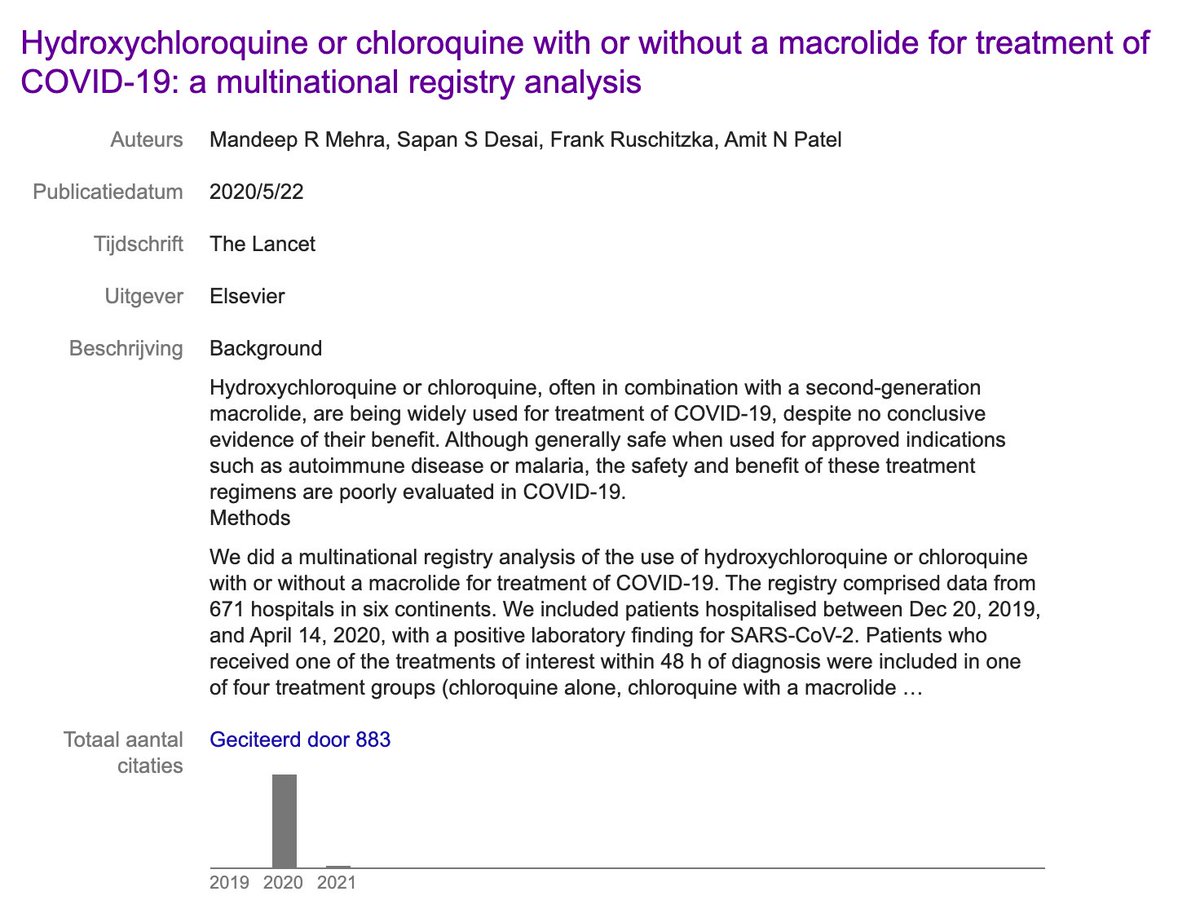
Personal top 10 fallacies and paradoxes in statistics
1. Absence of evidence fallacy
2. Ecological fallacy
3. Stein’s paradox
4. Lord’s paradox
5. Simpson’s paradox
6. Berkson’s paradox
7. Prosecutors fallacy
8. Gambler’s fallacy
9. Lindsey’s paradox
10. Low birthweight paradox
1. Absence of evidence fallacy
2. Ecological fallacy
3. Stein’s paradox
4. Lord’s paradox
5. Simpson’s paradox
6. Berkson’s paradox
7. Prosecutors fallacy
8. Gambler’s fallacy
9. Lindsey’s paradox
10. Low birthweight paradox
1. Absence of evidence fallacy
Absence of evidence is not the same as evidence of absence. Wouldn't it be great if not statistically significant would just mean "no effect"? bmj.com/content/311/70…
Absence of evidence is not the same as evidence of absence. Wouldn't it be great if not statistically significant would just mean "no effect"? bmj.com/content/311/70…
2. Ecological fallacy
Hard to resist those sweet population level data to make inferences about health effects on the individual level web.stanford.edu/class/ed260/fr…
Hard to resist those sweet population level data to make inferences about health effects on the individual level web.stanford.edu/class/ed260/fr…
3. Stein's paradox
If your goal is prediction, you may *not* be after unbiased predictor effects in your prediction model
scholar.google.nl/scholar_url?ur…
If your goal is prediction, you may *not* be after unbiased predictor effects in your prediction model
scholar.google.nl/scholar_url?ur…
4. Lord’s paradox
Between group comparisons with baseline and follow-up: analysis of change scores or ANCOVA? Doesn't matter? Well it does...
errorstatistics.com/2019/08/02/s-s…
Between group comparisons with baseline and follow-up: analysis of change scores or ANCOVA? Doesn't matter? Well it does...
errorstatistics.com/2019/08/02/s-s…
5. Simpson’s paradox
Perhaps one of the most famous paradoxes in statistics. Reversal of the direction of effect by simply combining two groups is something that may keep awake at night
academic.oup.com/ije/article/40…
Perhaps one of the most famous paradoxes in statistics. Reversal of the direction of effect by simply combining two groups is something that may keep awake at night
academic.oup.com/ije/article/40…
6. Berkson’s paradox
Also known as collider bias, something we have seen plenty in the COVID-19 literature
nature.com/articles/s4146…
Also known as collider bias, something we have seen plenty in the COVID-19 literature
nature.com/articles/s4146…
7. Prosecutor's fallacy
Pr(B|A) is not Pr(A|B). Confusing sensitivity/specificity for predictive values, p-values for probabilities about the hypothesis,.... the prosecutor's fallacy list is long
academic.oup.com/aje/article/17…
Pr(B|A) is not Pr(A|B). Confusing sensitivity/specificity for predictive values, p-values for probabilities about the hypothesis,.... the prosecutor's fallacy list is long
academic.oup.com/aje/article/17…
8. Gambler’s fallacy
Arguably the odd one in the list, but cognitive biases about probabilities of recurrent events are very real and relevant en.wikipedia.org/wiki/Gambler%2…
Arguably the odd one in the list, but cognitive biases about probabilities of recurrent events are very real and relevant en.wikipedia.org/wiki/Gambler%2…
9. Lindley’s paradox (not Lindsey's...)
If you are interested in the Bayesian vs frequentist statistics wars, make sure you study the paradox
link.springer.com/article/10.100…
If you are interested in the Bayesian vs frequentist statistics wars, make sure you study the paradox
link.springer.com/article/10.100…
10. The low birth weight paradox
To adjust or not to adjust for birth weight in the analysis of infant mortality?
academic.oup.com/aje/article/16…
To adjust or not to adjust for birth weight in the analysis of infant mortality?
academic.oup.com/aje/article/16…
• • •
Missing some Tweet in this thread? You can try to
force a refresh







